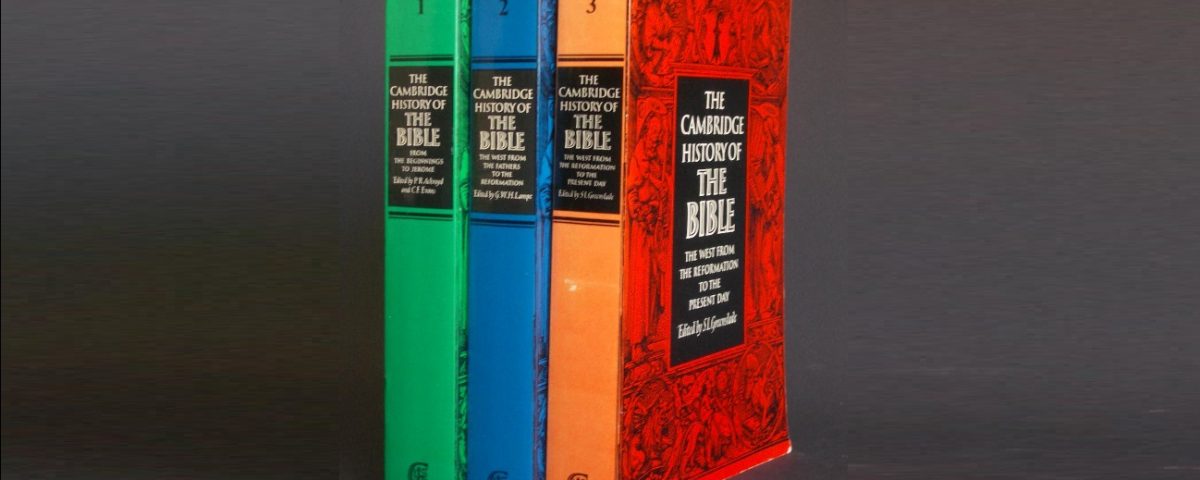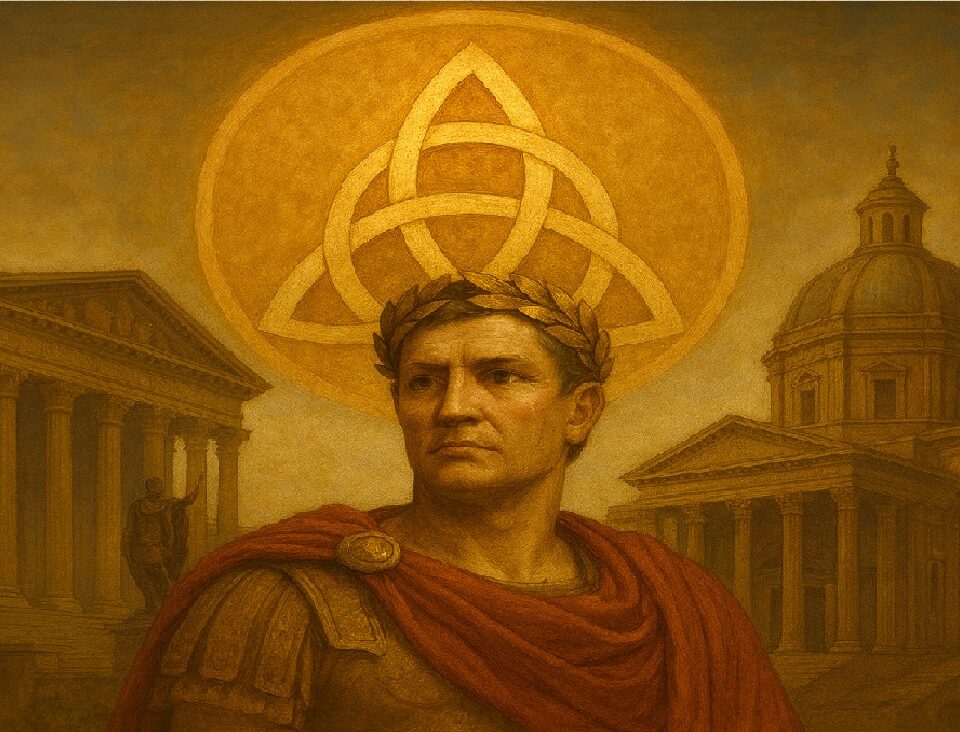
Why is the nation of Israel a “him” “he”?
September 28, 2019
Yahweh texts applied to Moses
October 30, 2019John 1:13 Virgin Birth Corruption

From The Cambridge History of the Bible vol. 1.
THE VALUE OF VERSIONAL ATTESTATION
It is basic to the hypothesis of change in this period and to the method of tracing it that a reading may well have disappeared from the majority of Greek manuscripts, or at least from all collated manuscripts. It will often be from the concurrence of quotations in the Fathers and other early Christian writings, and of the text of versions, that we shall conclude that a reading was extant in the second century. Two outstanding textual scholars have argued that patristic quotations should carry far more weight than is customarily given to them in establishing the original text of the gospels—Friedrich Blass in respect of both Luke and John (Evangelium secundum Lucam, Leipzig, 1897; Evangelium secundum Johannem cum variae lectionis delectu, 1902), and M.-E. Boismard, who has devoted his work to John’s Gospel alone in a noteworthy series of articles in the Revue Biblique between 1948 and 1953.
Boismard’s position, which was reached on the basis of a very wide and careful collation of evidence from the Fathers and from the versions, was that the critical text currently accepted is in many instances the end-product of an evolution which is revealed by these versional and patristic readings.
It has been pointed out out by Zuntz (Text of Epistles, p. 275) that the application of grammatical and philological techniques to the elucidation of Christian scriptures, and perhaps to their critical restoration, is found amongst the Alexandrian Gnostics, whose works bore such titles as Exegetica and Hypomnemata. Can they have engaged in the expansion and conflation which Boismard’s theory envisages? It may be of significance that certain of the Fathers considered the reading of the plural verb at John 1:13 to be an emendation of Gnostic Tendenz: the singular (referring to the Incarnate Word) was known to Tertullian, Hippolytus and Irenaeus, and is perhaps alluded to in Justin and even Ignatius. Its originality has been maintained by Boismard, and, on both internal and textual grounds, by Braun[1].
[1] ‘”Qui ex Deo natus est“‘, in Aux sources de la tradition chritienne. Milanges offerts a M. Maurice Goguel (Neuchatel and Paris, 1950), pp. 11-31.

